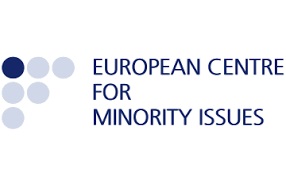
Darko Gavrilović is the project leader. His role encompasses the following activities: strategic project leadership, coordination of the research group, financial management, communication with partners, coordination of collaboration with domestic and international scientists, ensuring information exchange and coordination of activities, and problem-solving. Within the project, Gavrilović will focus on issues related to the identity of Croats in Serbia and Serbs in Croatia, as well as regional policies of stability and reconciliation.

Filip Škiljan's role in the project will be crucial in ensuring high-quality research into the historical aspects of the position of the Serbian national minority in Croatia and integrating the historical perspective into the broader context of research on national minorities and international relations.
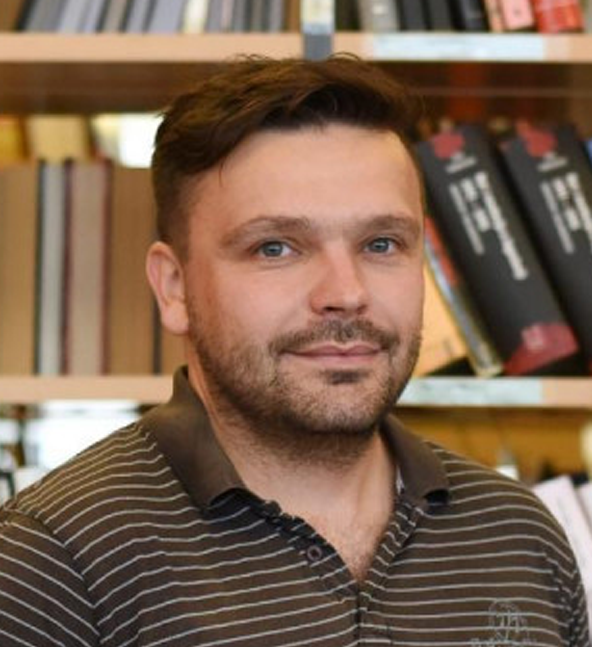
Nikola Šimunić's role is key to ensuring high-quality spatial analysis and cartographic representations, which will contribute to a better understanding of the geographical aspects of national minorities and their relationships with the surrounding environment.

Dejana Đurđević Savić's role is essential for understanding the political dimensions of the position of national minorities and the processes of political representation, as well as identifying political obstacles and opportunities faced by minorities.
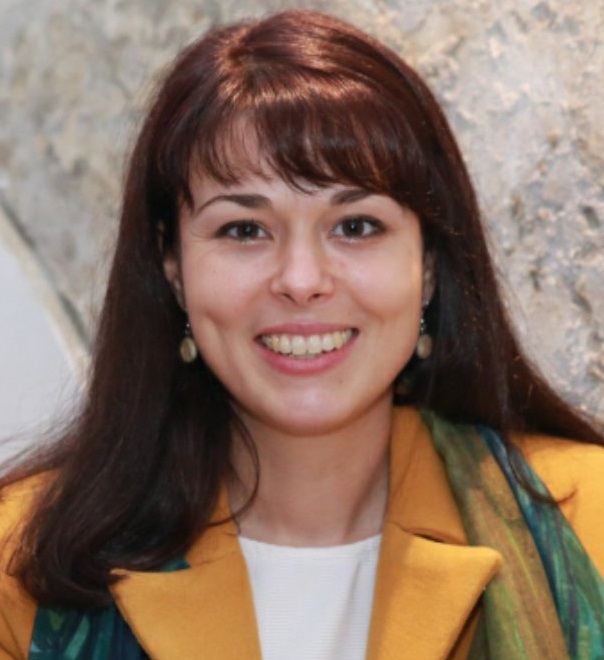
Nevena Milinko will work on topics such as identity issues related to Croats in Serbia, the significance of language, non-territorial autonomy, and the processing of ethnic data, which provide a valuable theoretical and empirical framework for analyzing the position of Croats in Serbia.

In the project, Martin Klatt plays a key role as the leader of the "Danish-German Minority Issues Cluster" at ECMI. He is also the project manager of the Horizon Europe project "Borders Shaping Perceptions of European Societies (B-SHAPES)." Given his extensive research experience and expertise in the field of national minorities, particularly in the Danish-German border and its minority issues, Klatt will be responsible for leading research, disseminating results, and collaborating with regional stakeholders on minority issues. His role includes researching nationalization and regionalization processes, managing diversity, and governance in border regions.
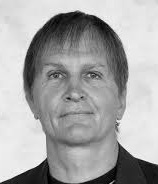
Peter Thaler has a crucial role as a researcher with extensive experience in the history of national, ethnic, and religious identities. Given his expertise in comparative and transnational history, Thaler will be responsible for leading research focused on the analysis of national and ethnic identities in the context of minority communities.
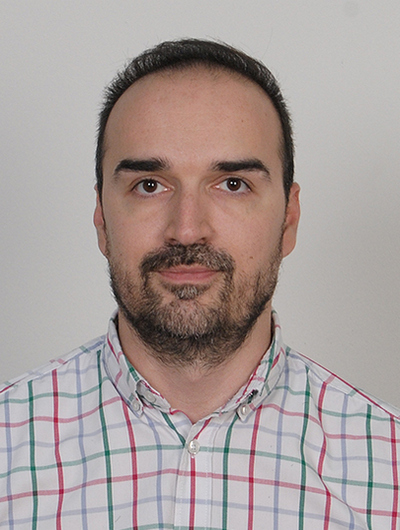
Miloš Petrović contributes to the research of international political aspects of the relationship between national minorities and majority societies in the context of past conflicts and reconstruction processes. He provides analytical insights into political processes and dynamics of national minorities, as well as political institutions and structures relevant to their survival and participation in political life.

Vello Petai is the project co-leader. As one of the two project leaders, Prof. Dr. Vello Pettai brings significant experience and expertise in the field of comparative politics, particularly regarding issues of ethnic politics, democratization, and transitional justice.

Boris Stamenić plays a significant role in the project. His education in history and political science enables him to gain a deeper understanding of the political processes and historical contexts relevant to the project. His activities include the following: research and analysis, preparation and leadership of workshops, collaboration with other team members, analysis of research results, dissemination of results through the preparation of scientific papers, presentations at conferences or workshops, and participation in public events.

Erik Kühl. His research interests include the Denmark-Germany border region, Europeanization, securitization, populism, the historical dynamics of national minority groups in Northern and Central Europe, as well as aspects of cross-border cooperation among European states.



